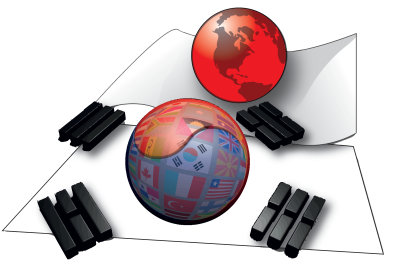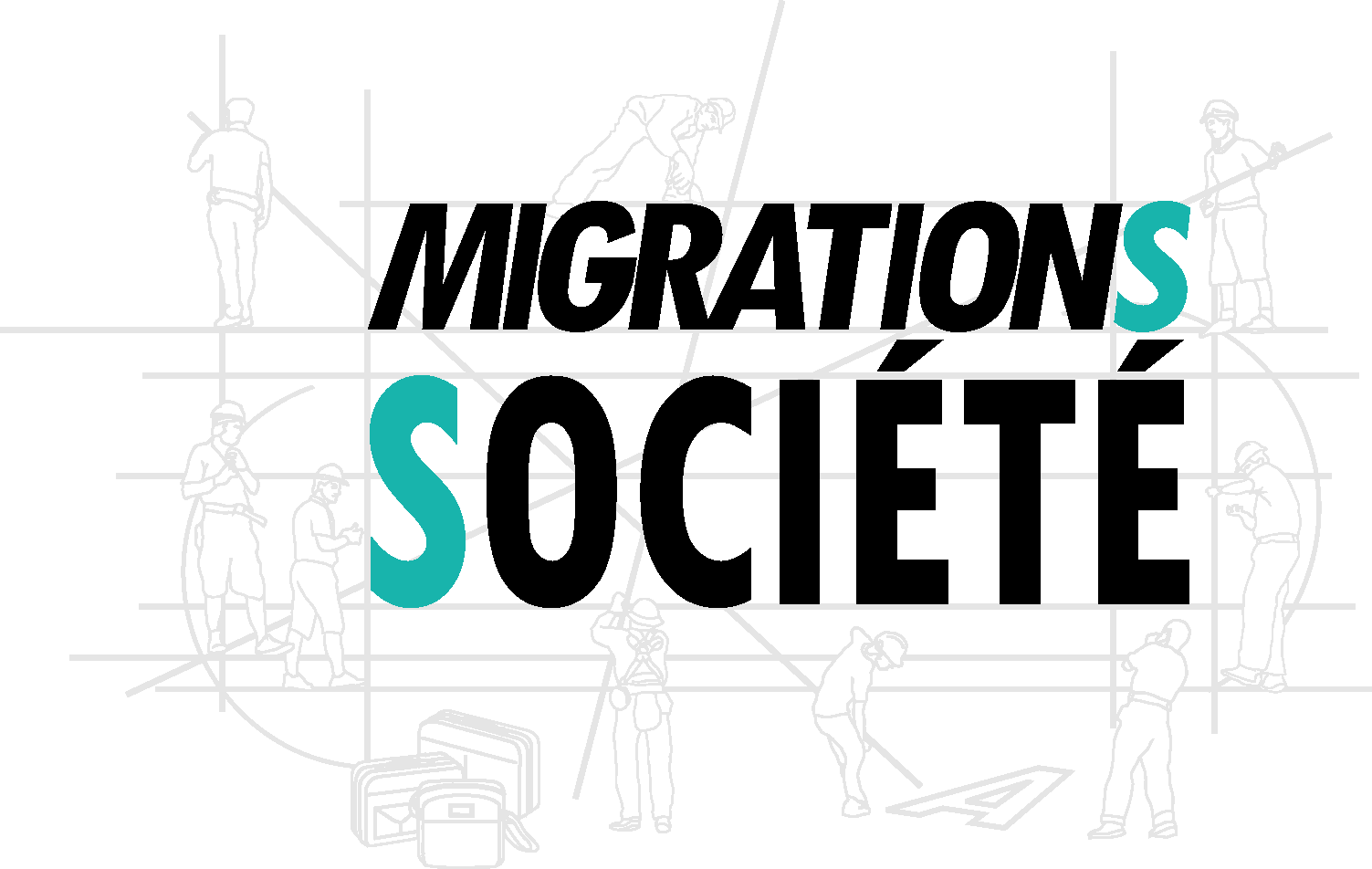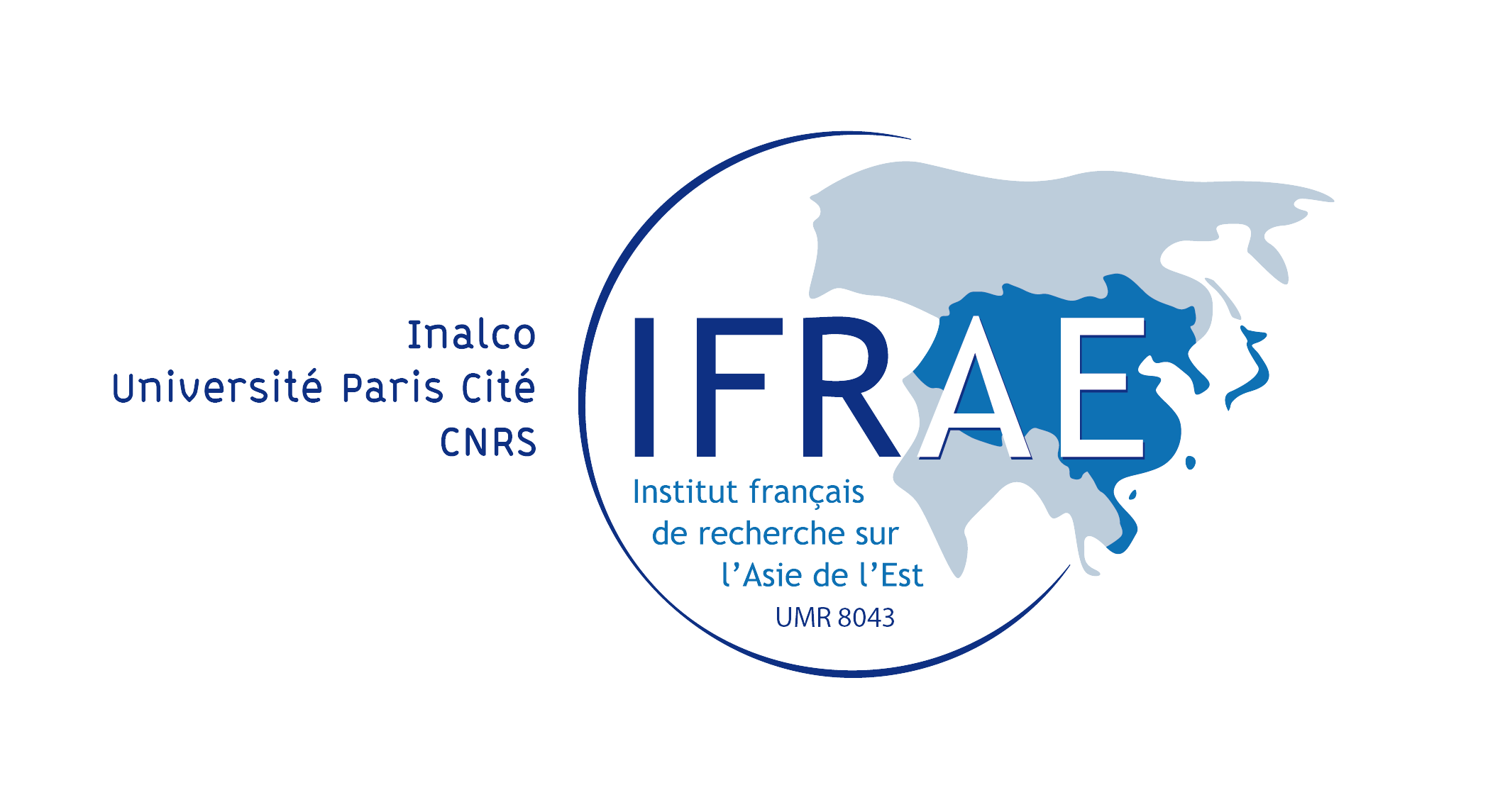Migration policies and ethno-racial challenges in South Korea and Japan

For several decades, South Korea and Japan have been facing an unprecedented demographic and migratory phenomenon. Despite a history marked by a tradition of closure to foreign trade and a view of both countries as mono-ethnic, mono-cultural nations, they now share common challenges linked to an aging population and a growing labor shortage. The presence of minorities in Korean and Japanese societies - whether descendants of their diasporas, immigrants of different ethnic origins or, in the case of Japan, minorities from former colonies - represents a challenge for integration and social transformation. The contributions gathered in this dossier analyze, on the one hand, the policies put in place by these countries to encourage immigration, but which produce multiple forms of hierarchization and hence discrimination; on the other hand, they study the processes of racialization and situations of xenophobia in these two societies.
Organizer:
Juliette GENEVAZ View e-mail


